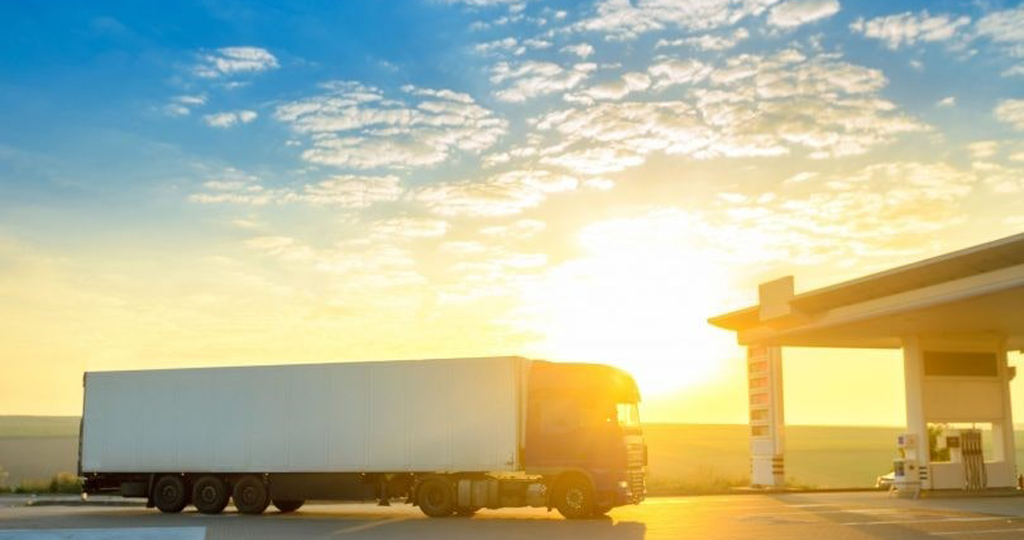
When adding up moving charges always remember to leave room for hidden costs. Often overlooked thing is the cost of gas. Filling up the tank of a commercial truck is not the same as pumping a few gallons into your car. So to be prepared for that situation use a gas calculator that factors amounts of gas for both vehicles plus the distance of your move.
Elements that impact fuel costs when renting a moving truck.
When you are moving with a truck rental there are a number of elements that impact fuel costs. Here are 5 factors to consider when calculating gas costs for your next move.
1. The cost of gas
The cost of a gas depends upon the location, type of gas, and specific gas station. Those driving through numerous states should take into account the cost of gas because some states have lower or higher prices of gas. Always keep in mind some types of gas are more expensive than other types. For example, nonleaded fuel tends to be cheaper than diesel fuel. Luckily truck rentals typically take nonleaded gasoline. In fact, U-Haul declares on its website that most of its vehicles take nonleaded gas. Many truck rental companies listed these types of details (gas type, mpg, towing capacity, and more) for each moving truck.
2. Size of the truck and MPG
Generally telling, the larger the truck will be the worst the gas mileage will be. This means that if you rent an enormous truck, it is more likely going to be a gas guzzler and you will be making many gas station stops when moving long distances. While on the other hand, smaller trucks tend to get a better gas mileage. Small moves that just need a small moving truck do not take as much gas and therefore, would not require as many refueling pit stops while in the move.

3. Distance of the move
The distance of the move will most assurely affect the cost of fuel. The far the move will be the more gas you will need. Those moving long-distance should need to calculate the number of miles between their beginning and destination in order to get the best idea of how many times they will need to stop for gas in a whole way. Obviously, local moves do not need as much gas as long-distance moves take, making them low-cost as far as gas costs are concerned. If you are moving nearby then you may not need to stop for gas at all. At least, not until when you have to return and refuel the truck.
4. The weight of your truck
The amount of material you move will also affect the cost of fuel. The heavier the truck and the more stuff you move you have, the more gas you will need to move the truck. To keep the expenses down try to get rid of belongings and cut back on overabundance belongings before packing anything up. For advice on how to trench belongings before you move check here. Always keep in mind that if you also plan to tow anything like as (think: a car or trailer), be ready to stop for gas more often. This extra weight will affect how much gas you require to make it to your destination.
5. Speed
The speed at which you drive will also affect how much fuel you consume. By seeking about how driving behaviors affect the fuel economy drivers might be able to save more gas next time they are on the road. According to the S. Department of Energy “speeding increases fuel consumption and decreases fuel economy as a result of tire rolling resistance and air resistance. While vehicles reach optimal fuel economy at different speeds, gas mileage usually decreases rapidly at speeds above 50 miles per hour (mph).” Word to the wise: Using cruise control on your moving truck will decrease how many times a car accelerates and so it will increase your fuel economy.

